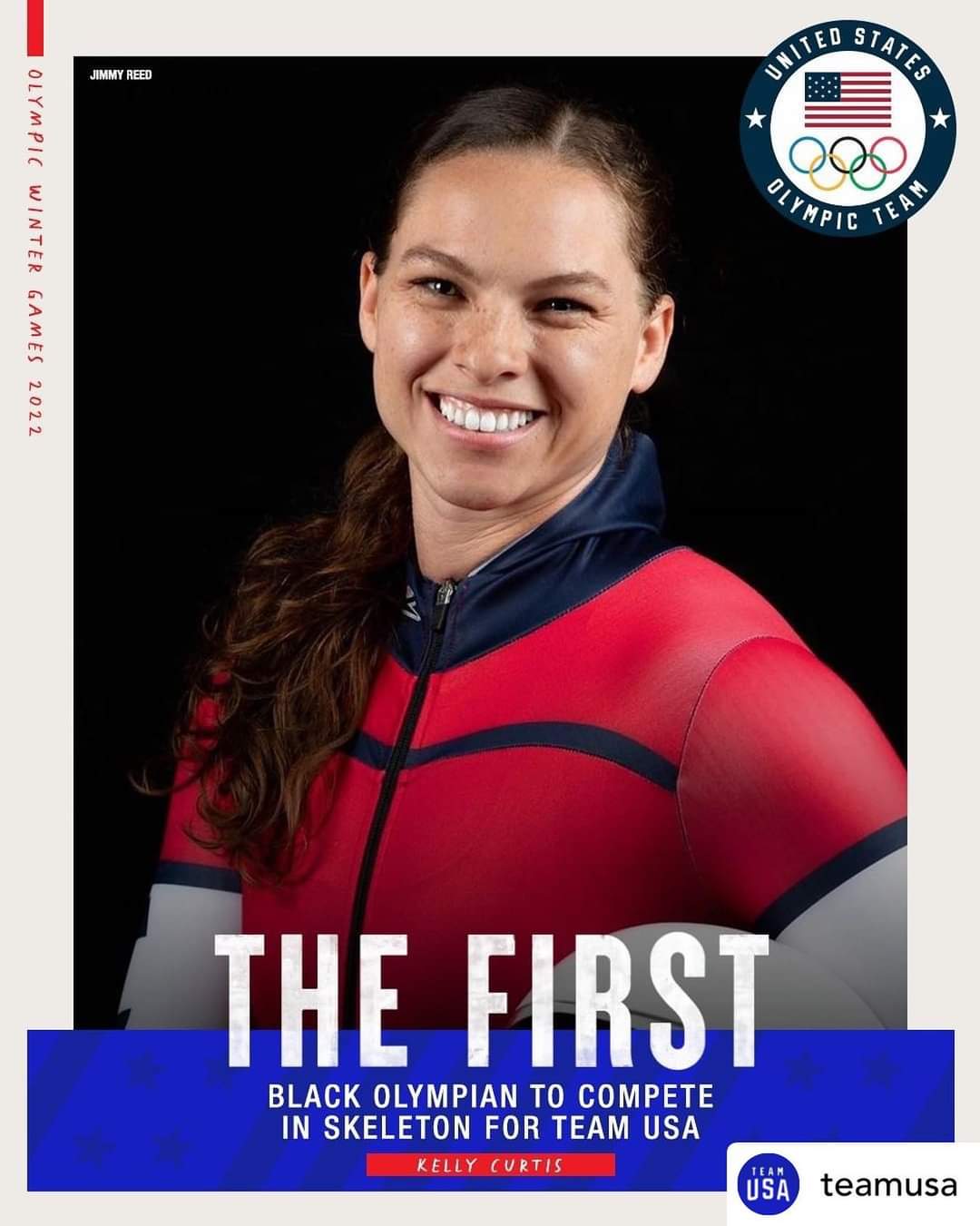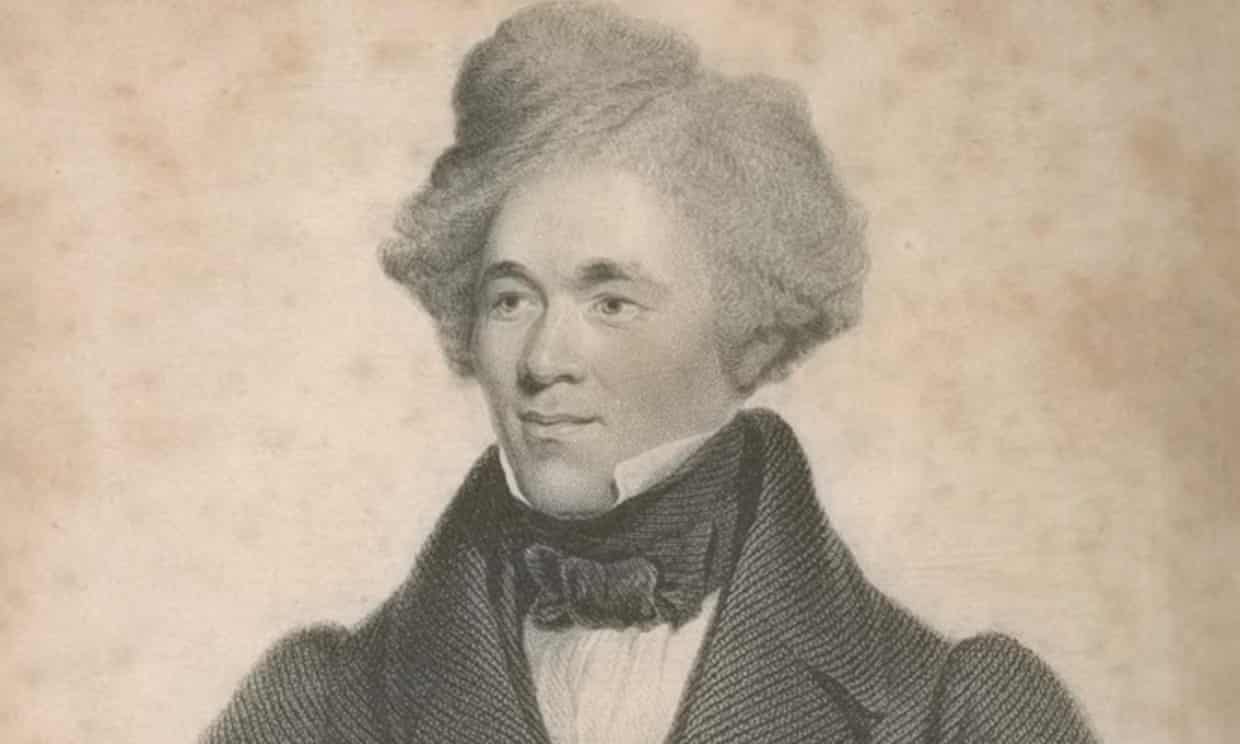Manifesto: On Never Giving Up
Grove Atlantic
2022-01-18
240 pages
5.5″ x 8.25″
Hardcover ISBN-13: 978-0-8021-5890-1
eBook ISBN-13: 978-0-8021-5891-8
Bernardine Evaristo

From the bestselling and Booker Prize-winning author of Girl, Woman, Other, Bernardine Evaristo’s memoir of her own life and writing, and her manifesto on unstoppability, creativity, and activism
Bernardine Evaristo’s 2019 Booker Prize win was an historic and revolutionary occasion. The first Black woman and first Black British person ever to win the prize, Evaristo’s breathtaking Girl, Woman, Other was dubbed “godlike in its scope and insight” by the Washington Post, named a favorite book by President Obama, Roxane Gay, and countless other readers, and translated into thirty-five languages.
Evaristo’s nonfiction debut, Manifesto, is an intimate and inspirational account of Evaristo’s life and career as she rebelled against the mainstream to fight to bring her creative work into the world. She recalls her childhood and teenaged years as a young actor and playwright in London, details her early political awakenings and activism, and recounts her determination to tell stories that were absent in the literary world around her. In her over three decades of centering the stories and histories of Black Britons, Evaristo refused to let any barriers stand in her way. In Manifesto, she charts her theory of unstoppability, and explains how she broke with convention to achieve fulfillment both artistic and personal. Drawing deeply on her own varied experiences and the people who have inspired her, Evaristo offers a vital contribution to conversations around race, class, feminism, sexuality, and aging.
Manifesto is a unique inspiration to us all to persist in doing work that we believe in, even when we might feel overlooked or discounted, following in Evaristo’s footsteps, from first vision, to continued perseverance, to eventual triumph.








